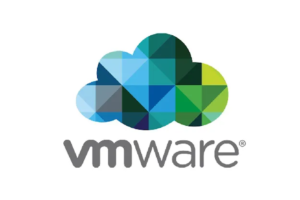
According to the SEC order, during its 2019 and 2020 fiscal years, VMware omitted material information in its disclosures “concerning its order ‘backlog’ and revenue management in quarterly and annual Exchange Act reports, on earnings calls, and in earnings releases.”
After adopting a new accounting standard for FY2019, “VMware began discretionarily holding back some sales orders, which were otherwise ready to be booked and recorded as revenue in the current quarter, in an effort to delay revenue and control the timing of revenue recognition,” the SEC order stated. VMware internally referred to these discretionary holds as “managed pipeline” or “MPL.”
The SEC order continued, such discretionary holds delayed the delivery of license keys to some customers and, thus, according to VMware’s revenue-recognition policy, “delayed the recognition of license revenue to the next quarter or service revenue to future quarters as services were performed.”
As a result, VMware “shifted tens of millions of dollars in revenue into future quarters, building a buffer in those periods and obscuring the company’s financial performance as its business slowed relative to projections in fiscal year 2020,” the SEC stated.
VMware publicly disclosed that its backlog was “managed based upon multiple considerations.” Yet, it did not reveal to investors that it used the backlog to manage the timing of the company’s revenue recognition.
“By making misleading statements about order management practices, VMware deprived investors of important information about its financial performance,” said Division of Enforcement Associate Director Mark Cave. “Such conduct is incompatible with an issuer’s disclosure obligations under the federal securities laws.”
The SEC’s order found that VMware violated antifraud provisions of the Securities Act of 1933, as well as certain reporting provisions of the federal securities laws.
VMware’s Response
VMware issued a statement acknowledging the settlement, but neither admitting nor denied the findings in the SEC order.
“The SEC’s findings do not include any findings that the company failed to comply with generally accepted accounting principles,” VMware stated. “SEC staff has confirmed that it does not intend to recommend enforcement action against any current or former VMware officers or other member of management in connection with the investigation, and this settlement concludes the matter.”
VMware added that it “believes this settlement is the right course of action for the company and continues to be committed to operating at the highest level of integrity, including with respect to its public filings and communications with investors.” ![]()
Jaclyn Jaeger is a contributing editor at Compliance Chief 360° and a freelance business writer based in Manchester, New Hampshire.

